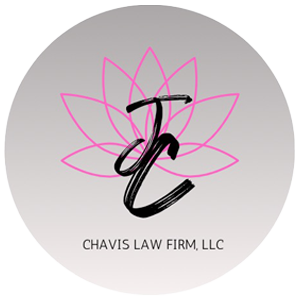Nursing is an honorable field filled with caring, dedicated individuals. Yet, intense demands compassion fatigue and easy access to medication can lead even the best nurses down a path toward substance abuse. In Pennsylvania, when a nurse grapples with disciplinary action due to substance abuse, it initiates a challenging process with significant personal and professional consequences.
The State Board of Nursing is responsible for addressing concerns regarding substance abuse. The Board’s goal is to balance public safety with opportunities for recovery, recognizing the importance of maintaining the integrity and trustworthiness of the nursing profession.
Identification and reporting
The process typically begins when signs of substance abuse become apparent. Co-workers, supervisors or even the nurse themselves may recognize the issue. Healthcare facilities in Pennsylvania must report suspicions of substance abuse. This triggers an investigation by the State Board of Nursing.
Investigation and evaluation
Once the Board receives a report, it investigates to determine the extent of the alleged substance abuse. This may involve interviews with colleagues, supervisors, and the nurse in question. The goal is to gather sufficient details to make an informed decision about disciplinary measures.
Temporary suspension
If the Board determines that a nurse’s substance abuse poses an immediate threat to patient safety, they may impose a temporary suspension. This suspension is a protective measure while a thorough investigation takes place. During this period, the nurse is unable to practice, adding another layer of stress and uncertainty.
Disciplinary hearings and consequences
Following the investigation, the State Board of Nursing conducts disciplinary hearings. These hearings provide an opportunity for the nurse to present their case. If the Board determines that substance abuse has occurred, it may apply a range of consequences, including:
- Probation
- Mandatory counseling
- Revocation of the nursing license
These decisions aim to balance public safety with the potential for rehabilitation.
Rehabilitation and Reinstatement
For nurses facing disciplinary action, rehabilitation becomes a crucial aspect of the journey. Reinstatement often requires individuals to complete mandated counseling, participate in support groups and adhere to treatment plans. The road to recovery requires commitment and accountability.
A study from the Journal of Nursing Regulation estimates that 18% of nurses experience some level of substance abuse. Yet, this does not have to be career-ending. Multiple options exist to protect licensure and provide nurses with the support they need.
